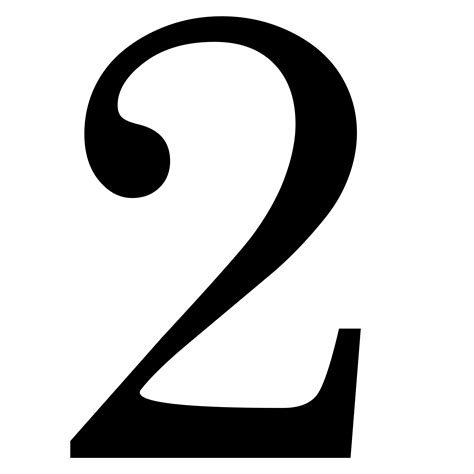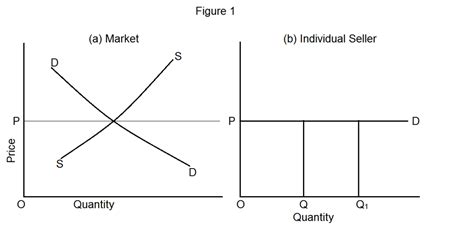The Pervasive Role of Competition in Male Identity
Competition is frequently woven into the fabric of male experience, subtly shaping perspectives, behaviors, and self-worth. From childhood games to professional endeavors, men are often immersed in environments that champion winning and achievement. This constant exposure can lead to deeply ingrained, often unconscious, assumptions about the very nature of competition itself – how it functions, what it signifies, and its unavoidable presence in life.
The Zero-Sum Game: A Winner-Take-All Mentality
One of the most common underlying assumptions men make is that competition is inherently a zero-sum game. This means that for one person to win, another must lose. This perspective can foster an environment of scarcity and direct opposition, where collaboration is seen as a weakness or a disadvantage, and every interaction carries the potential for a power struggle. It can lead to a belief that success is always at someone else’s expense, limiting the capacity for shared victories or cooperative growth.

Competition as a Primary Measure of Worth and Masculinity
For many men, competitive success becomes inextricably linked to their sense of self-worth and their perceived masculinity. The assumption here is that performing well, achieving dominance, or proving superiority in various domains is a fundamental validation of their identity. This can manifest in everything from career advancement and financial status to physical prowess and social standing. Failure or perceived inadequacy in competitive arenas can therefore be profoundly damaging, leading to feelings of shame, inadequacy, and a questioning of one’s fundamental male identity.
The Inevitability and Constant Presence of Competition
Another prevalent assumption is that competition is an unavoidable and constant force in all aspects of life. Men might perceive that they are always ‘on the clock,’ perpetually being judged, tested, or measured against others, whether explicitly or implicitly. This worldview can create chronic stress and a constant need to be vigilant, ready to defend their position or seize an advantage. It can overshadow opportunities for genuine connection, leisure, or activities pursued purely for enjoyment, rather than for competitive gain.

The Solitary Burden of the Competitor
Linked to the zero-sum mentality is the assumption that competition is largely a solitary endeavor. Men might feel that they must face challenges alone, that seeking help or openly acknowledging vulnerabilities is a sign of weakness that puts them at a competitive disadvantage. This can lead to isolation, suppressing emotions, and an unwillingness to form deep, supportive bonds with other men, whom they might unconsciously perceive as rivals.
Re-evaluating and Expanding Competitive Frameworks
Challenging these ingrained assumptions is crucial for fostering healthier male mindsets and promoting well-being. Recognizing that competition doesn’t always have to be zero-sum, but can be a catalyst for personal growth, collective achievement, or even friendly rivalry, opens new avenues. Understanding that self-worth is multifaceted and not solely dependent on competitive outcomes, allows for a more robust sense of identity.

Embracing the idea that competition can be an internal battle for self-improvement rather than an external struggle for dominance, shifts focus. It encourages men to compete against their personal best, rather than solely against others. Furthermore, acknowledging the value of collaboration and shared success can dismantle the solitary burden, fostering stronger communities and support networks.

Conclusion: Towards a More Nuanced Understanding
The assumptions men make about competition are powerful, shaping their lives in profound ways. By consciously examining and, where necessary, redefining these underlying beliefs, men can cultivate a more balanced and constructive relationship with competition. This shift allows for the pursuit of excellence and achievement, not just through adversarial struggle, but also through cooperation, personal growth, and a richer, more inclusive understanding of success.





